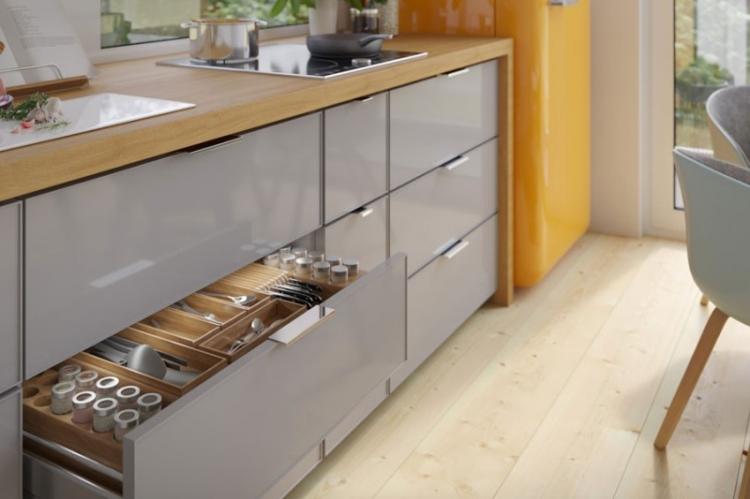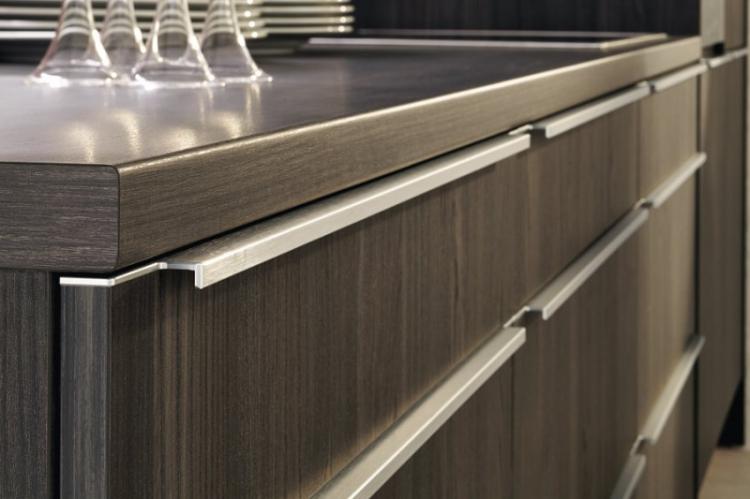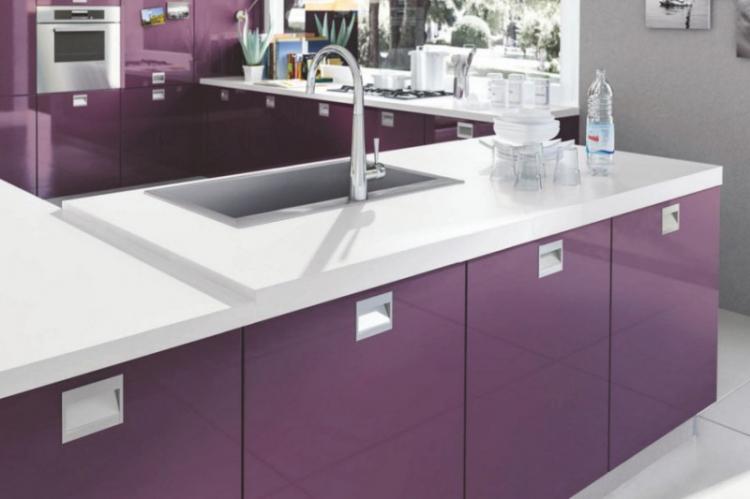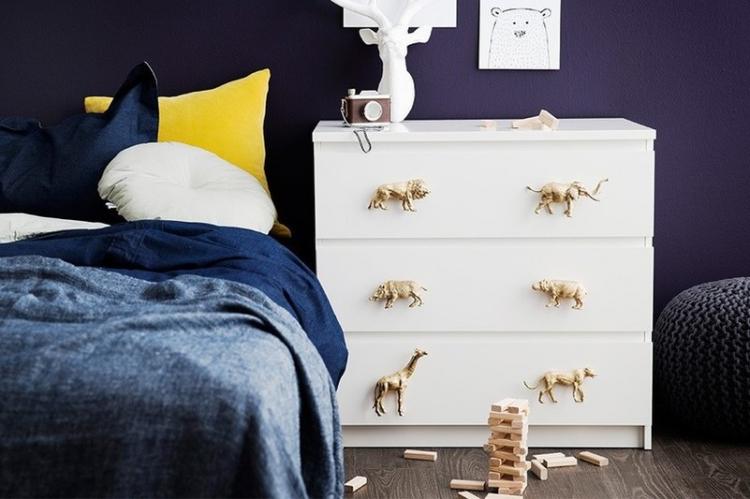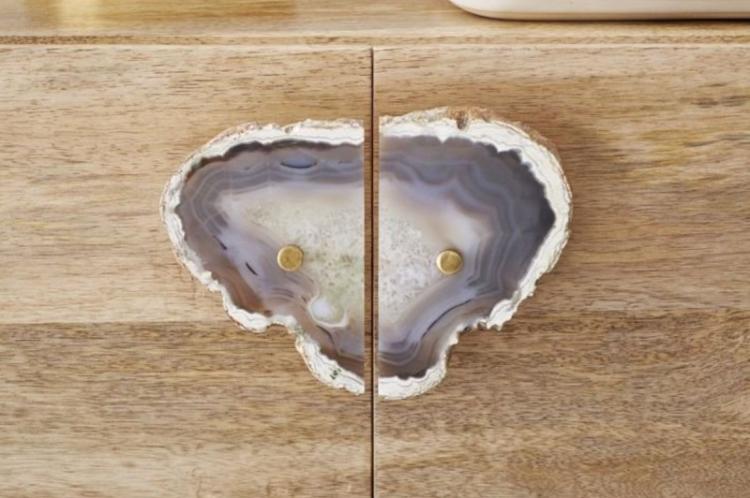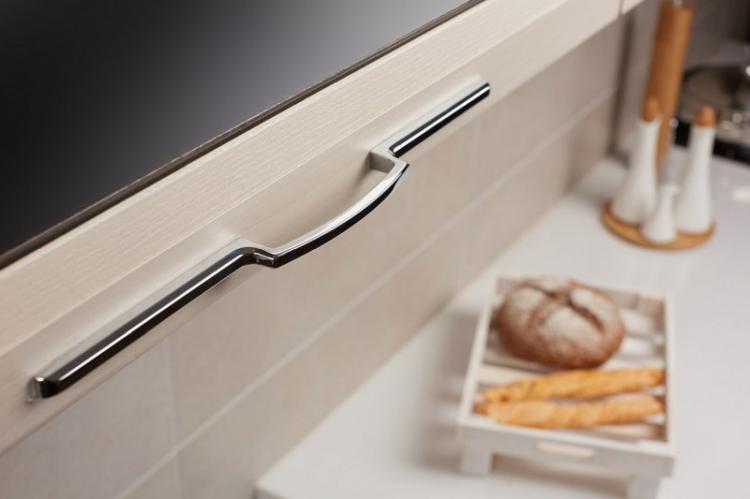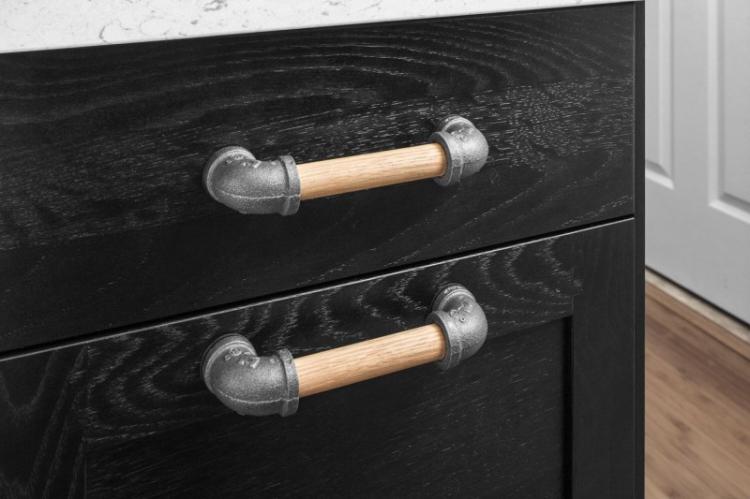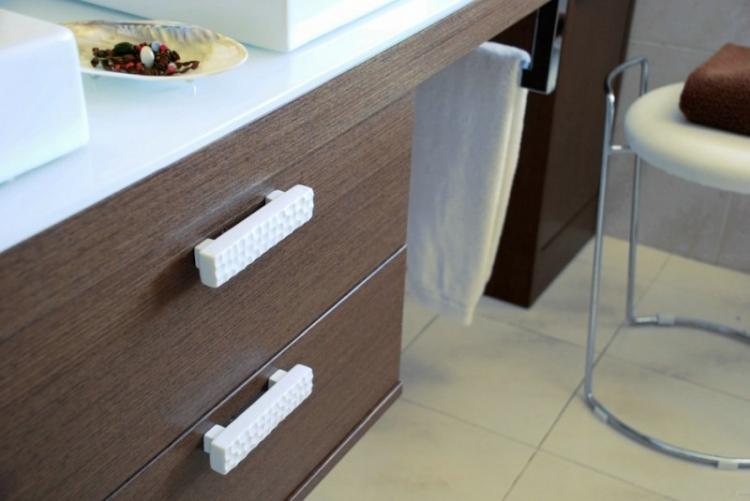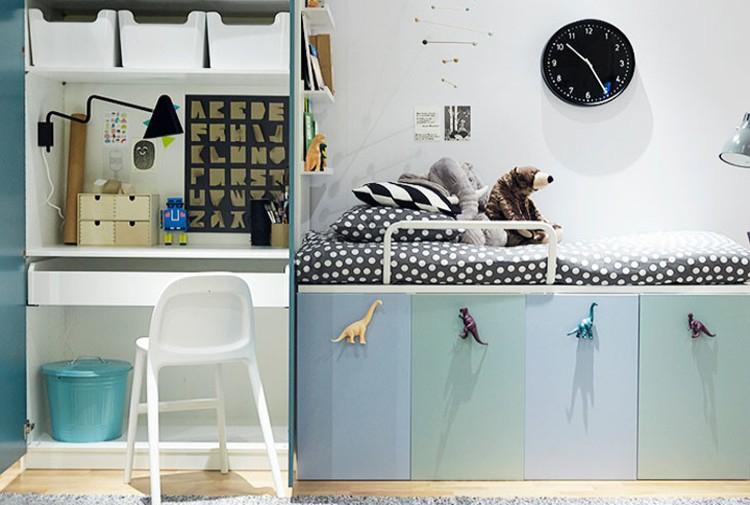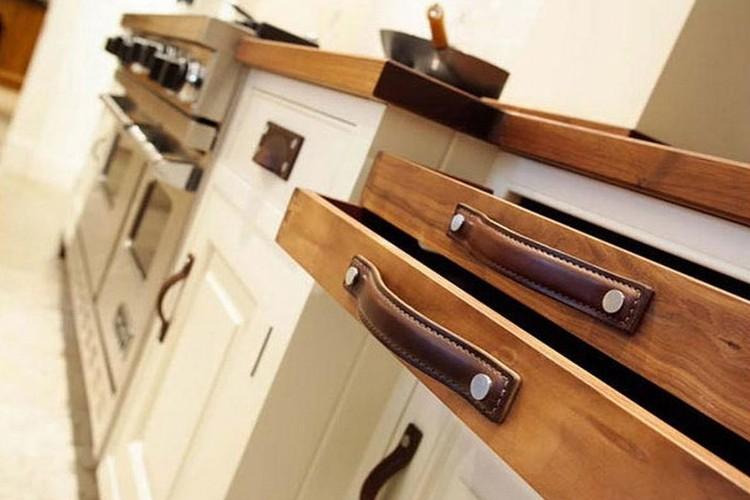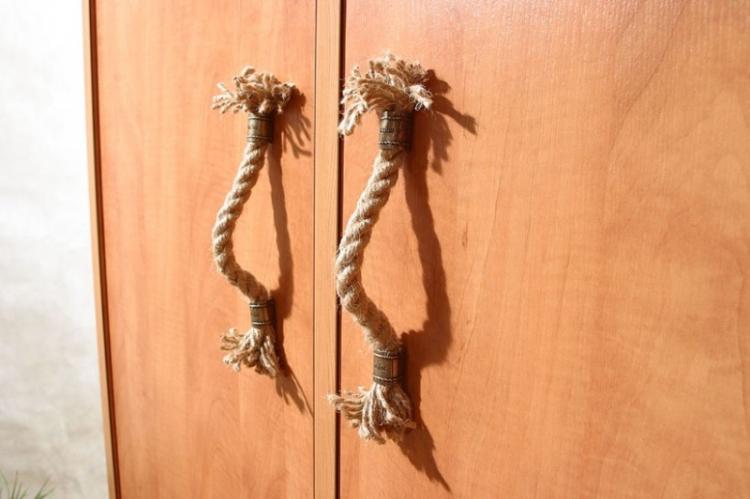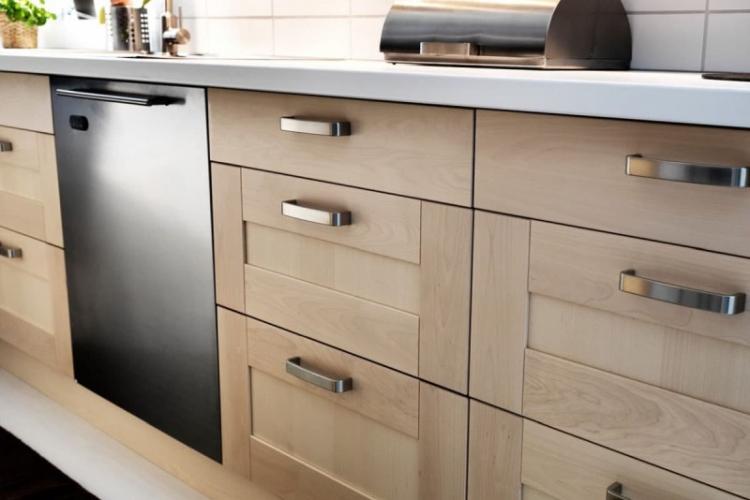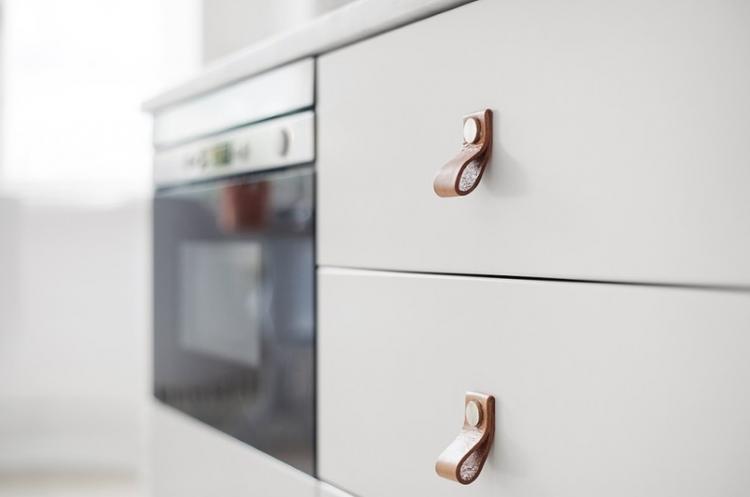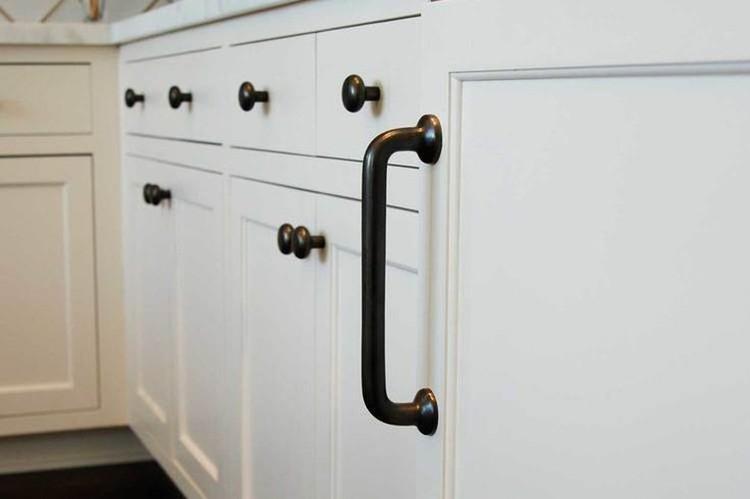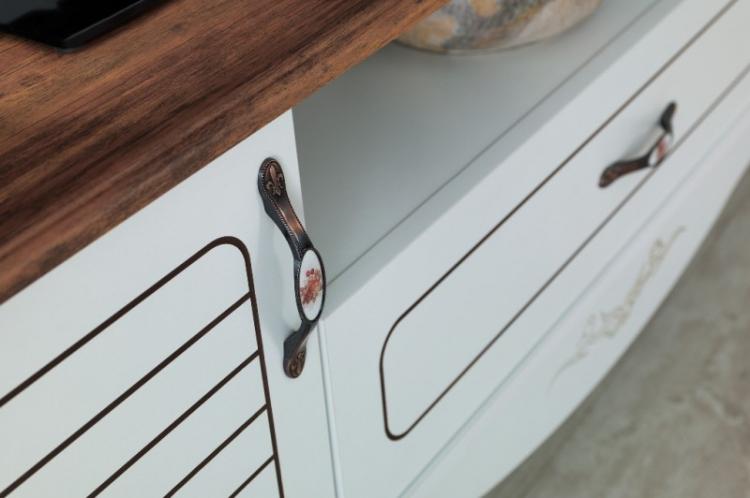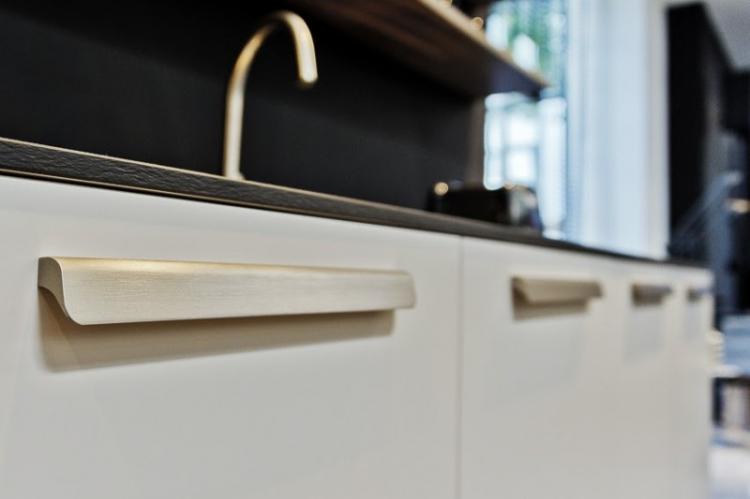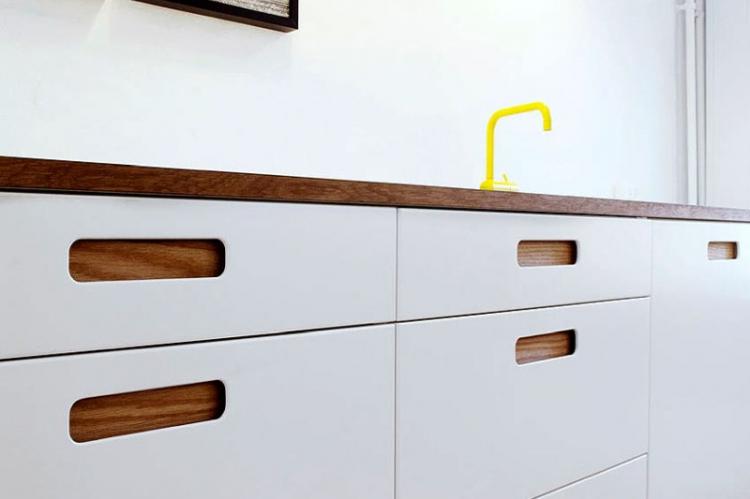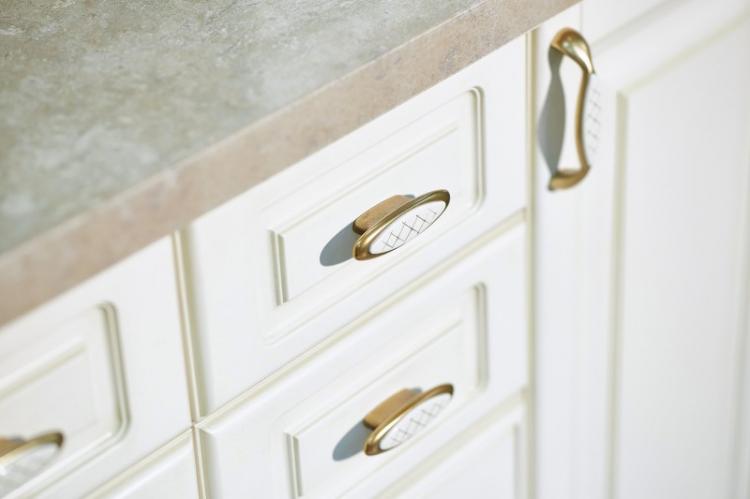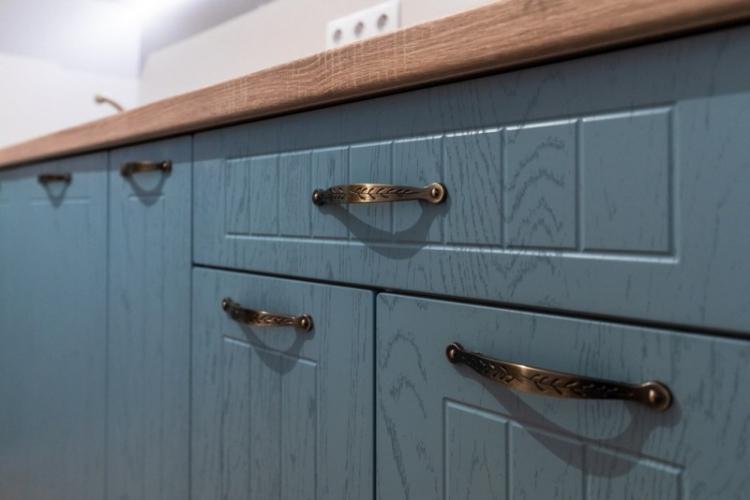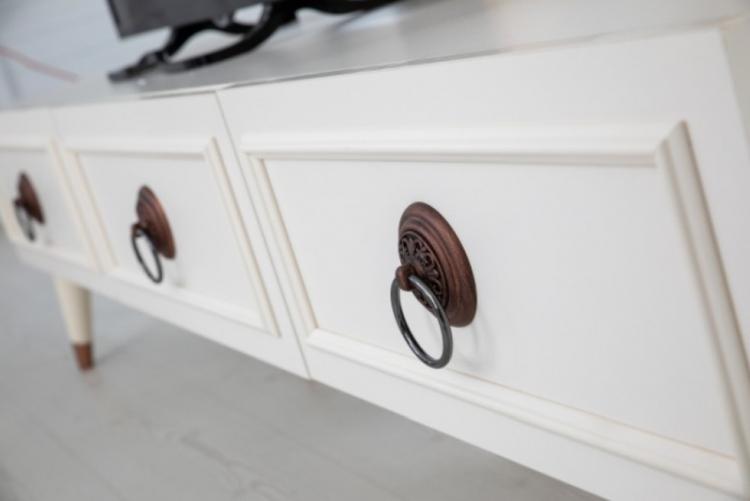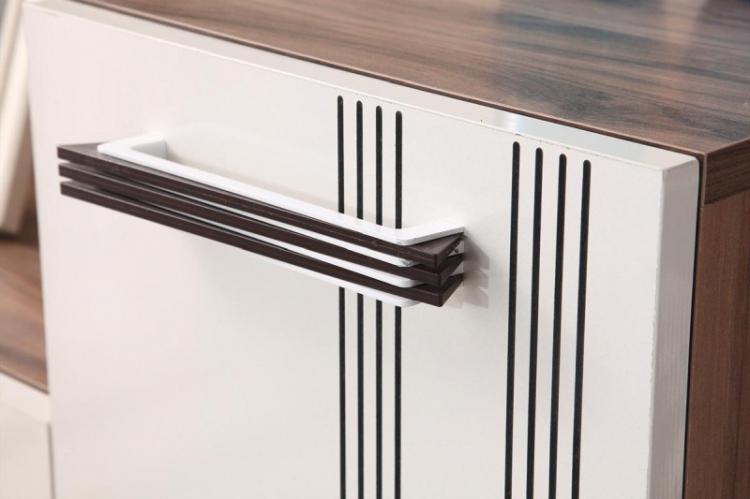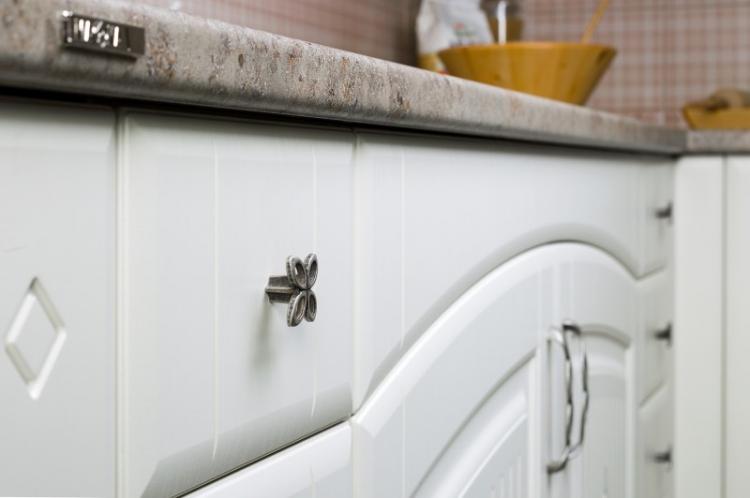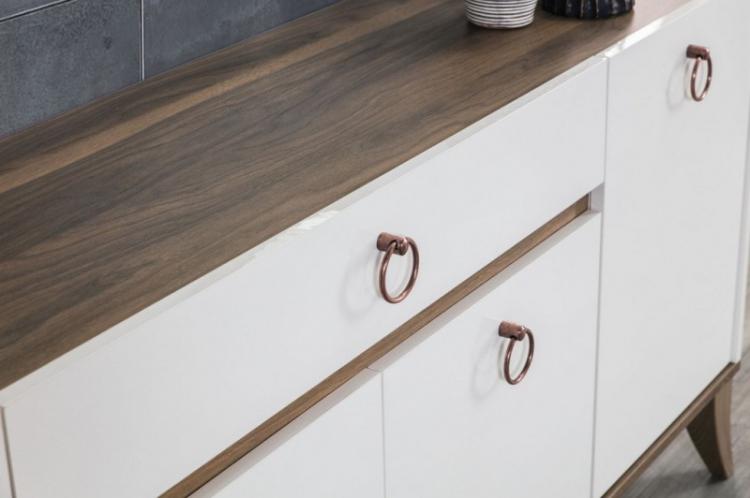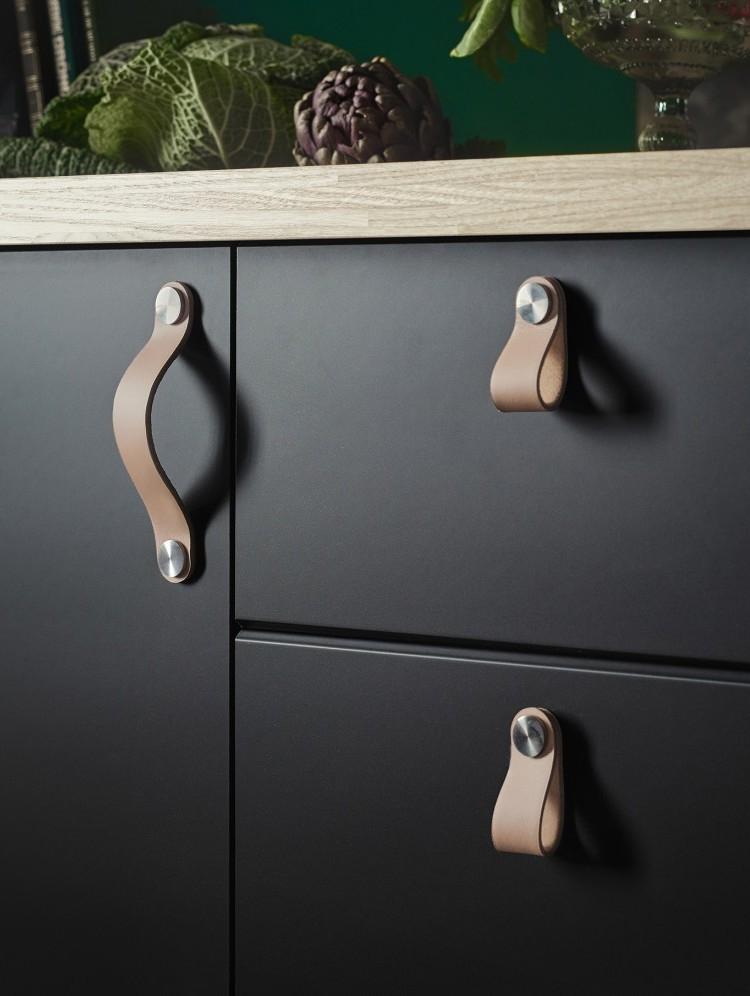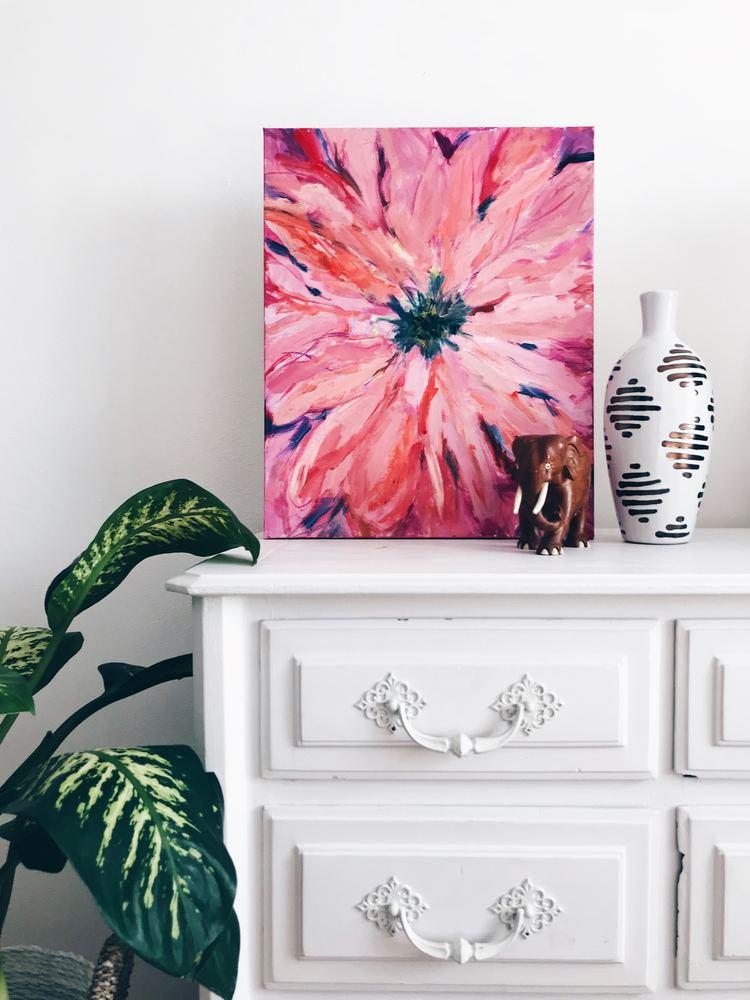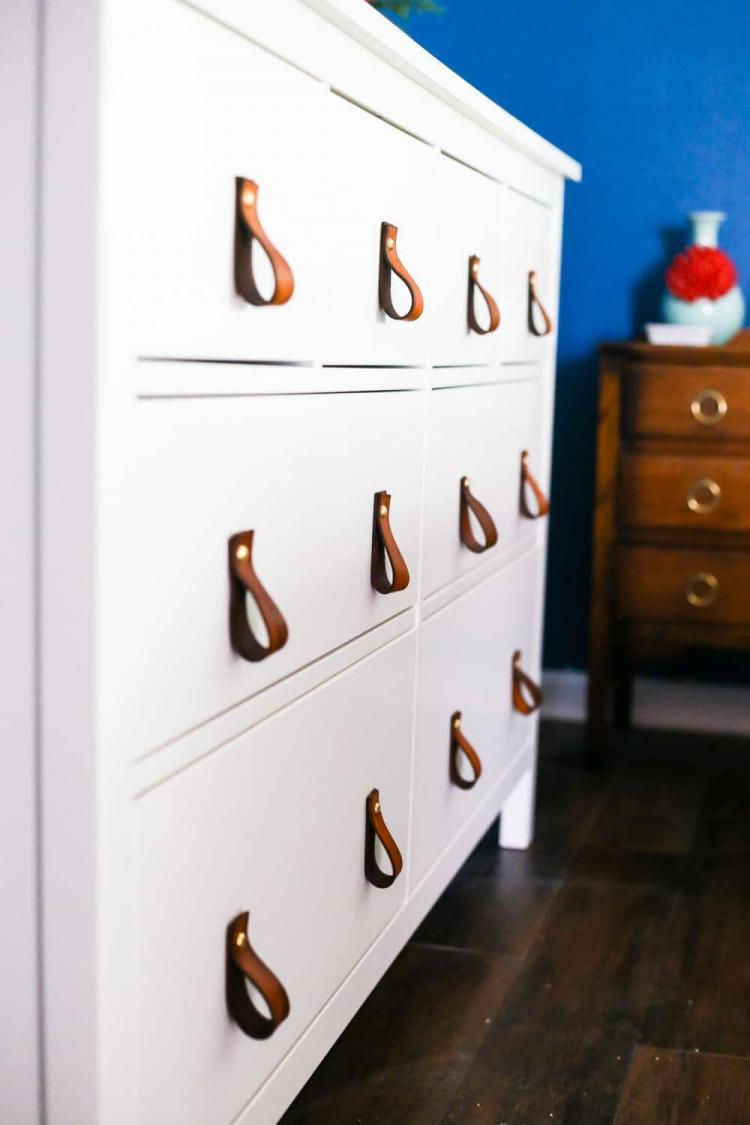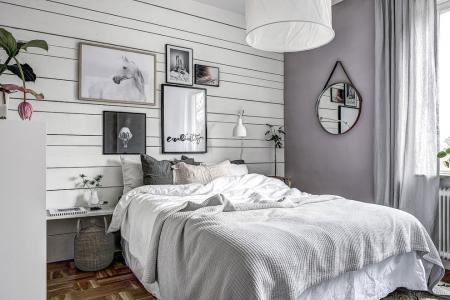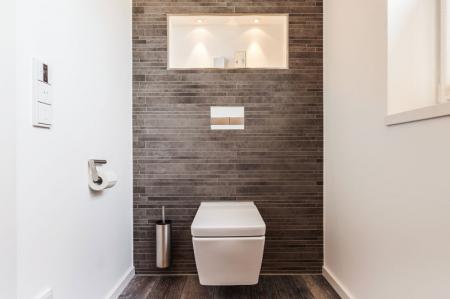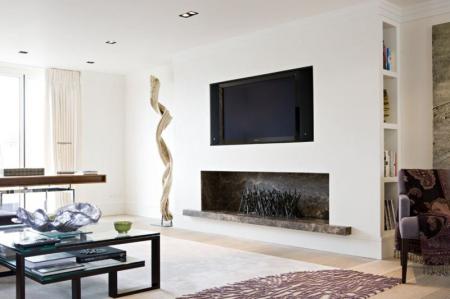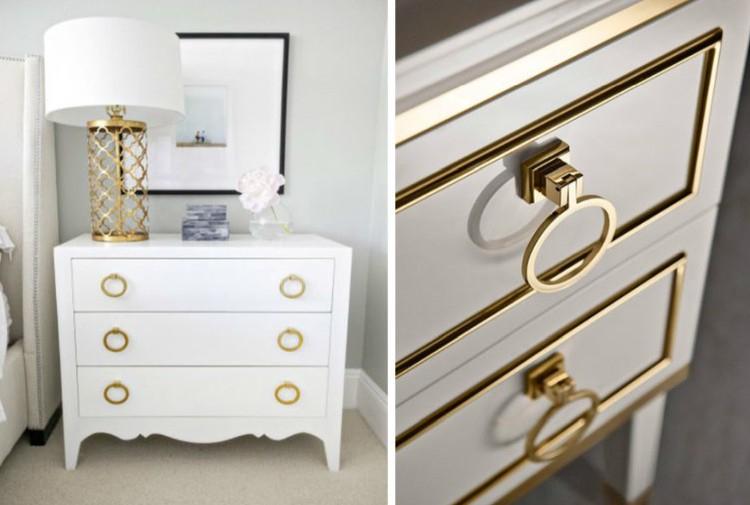
Many pieces of cabinet furniture are equipped with doors or drawers, and therefore handles for them. Sometimes these are almost invisible built-in latches or buttons, but more often they are very significant decorative elements. The convenience of daily use of storage systems, as well as the service life of a particular product, is directly affected by the quality of the fittings. A small classification collected in this article with characteristics and photographs of each type will help you choose stylish and reliable furniture handles.
Types of furniture handles
Kitchen sets, cabinets, dressers, walls for hallways and living rooms almost always include many lockable compartments, access to which is provided by special holders - handles.
Despite their small size, these functional accessories give furniture structures a complete look, and sometimes serve as an interesting addition to the design. Depending on the shape, handles can be conditionally subdivided into the following types:
Staples
These are ordinary strips or arcs that are fixed on two symmetrically located fasteners. The elongated shape and a small deviation from the surface of the facade allows you to easily open doors that are quite large in area.
There are straight staples, the surface of which is strictly rectangular, curved, semi-oval, with different decor options. For example, vintage models are characterized by ceramic inserts - "barrels" or "medallions" with a floral pattern made with enamel. In the classical style, you can often see carved, forged details or even almost jewelry inlay.
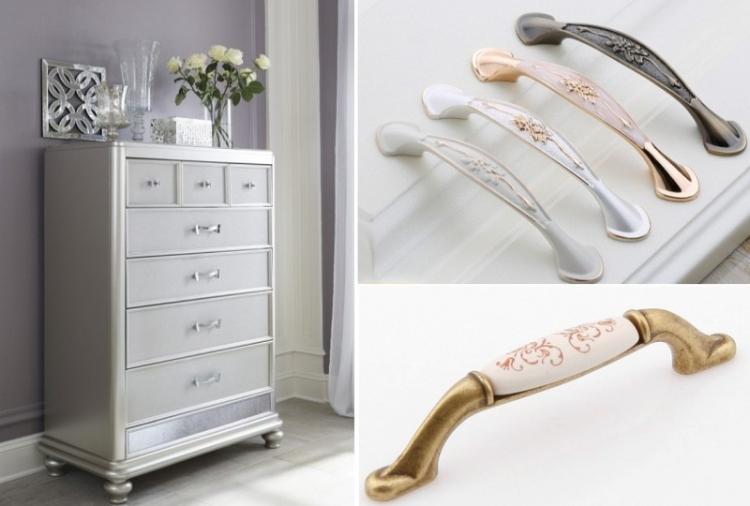
Roof rails
A somewhat elongated and more modern subspecies of staples. Often a metal pipe, bar or spindle-shaped arch is used - any narrow crossbar that occupies from 1/3 to 5/6 of the width of the door.
This design distributes weight well, so it can be used for drawers with kitchen utensils, shoes or other heavy items.
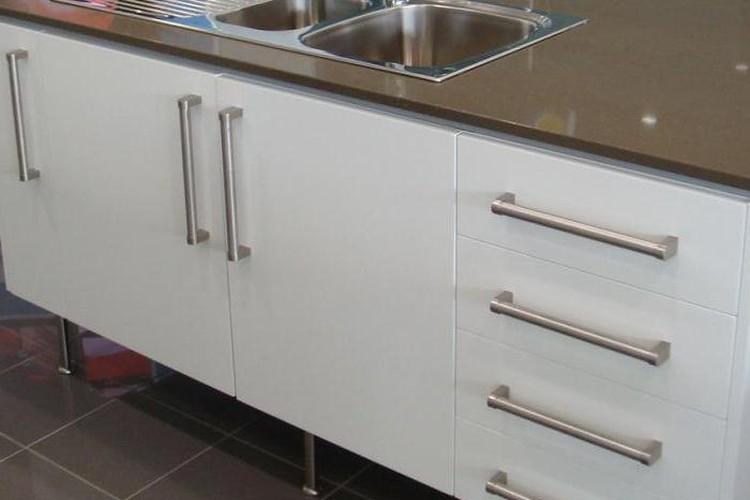
Built-in (integrated) handles
They represent an aluminum profile embedded in the surface of the facade. It can be hidden along the milled end - then the door looks absolutely smooth, and the presence of fittings gives out only a thin strip along the edge.
The second fashionable option is the cut-in handles, which are often used in modern design trends such as minimalism or hi-tech.
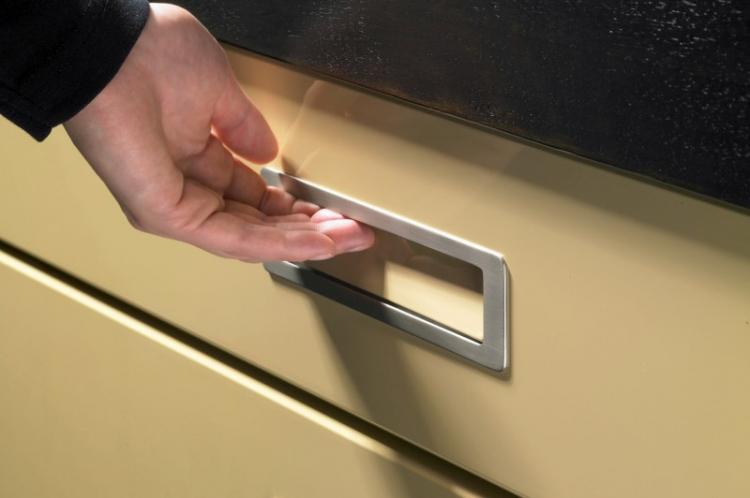
Buttons
In appearance they are somewhat reminiscent of buttons - they have exactly the same "leg" and a very varied design of the outer side. Round, oval, square, in the form of flowers, leaves, pins and other interesting things, these pens can harmoniously complement any interior.
However, their characteristic single fastening and small size are suitable mainly for compact furniture with small doors and lightweight drawers - for example, a linen chest of drawers in the bedroom, children's nightstands, a dressing table.
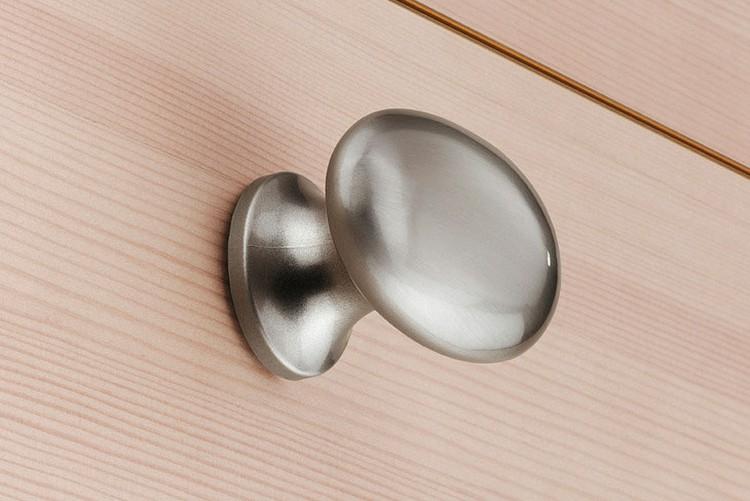
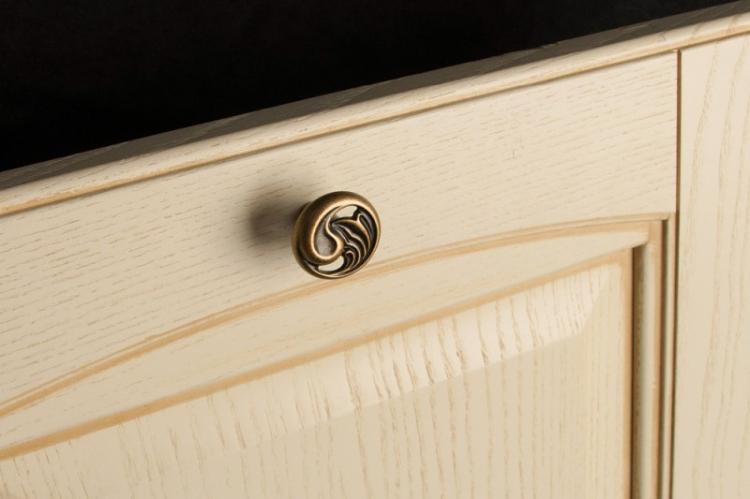
Ring handles
This is probably one of the oldest types of mounts. They met already in medieval chests - strong forged linings facilitated the process of transporting heavy boxes.
On modern furniture, rings perform rather a decorative function, but this does not in the least reduce their convenience in everyday use. In addition to historically stylized rings made of iron, bronze or copper, there are also lightweight options - chrome-plated or gold-plated products made of steel, aluminum, zinc alloys.
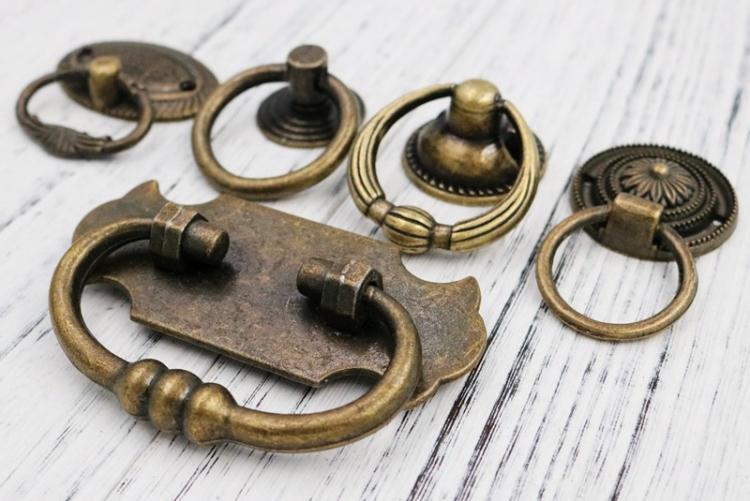
Drop pens
A characteristic feature of the Gothic interiors, and in a more refined form - the Renaissance and Victorian classics. Here the moving part, i.e. the drop or brush-shaped suspension, is attached to the roller-tipped base.
Initially, such a construction served as a knock so that the inhabitants of the fortress or monastery would hear it and open the heavy door.When using drop pens at home, you should be careful not to dent the wooden facades from constant blows.
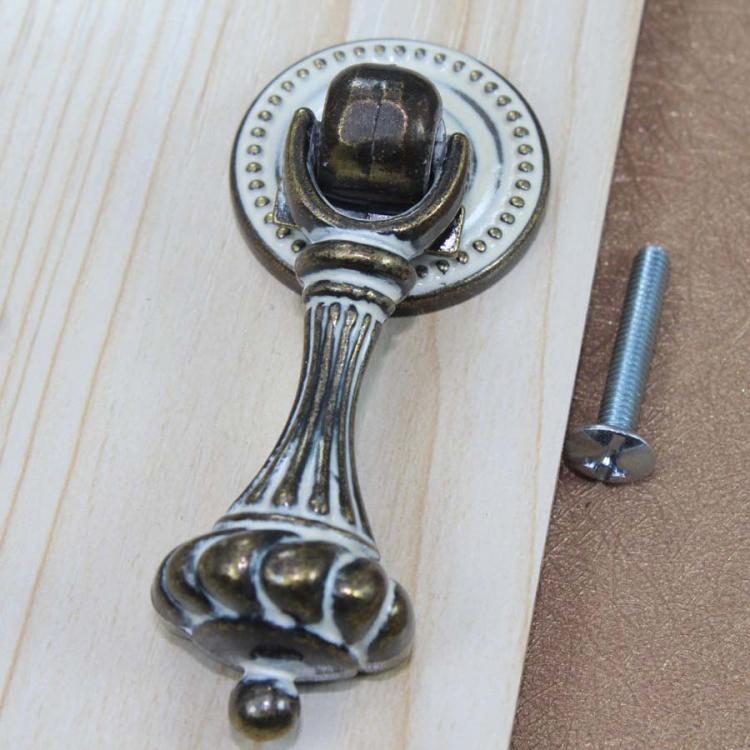
Sink handles
Rare, but a very good choice for Mediterranean-style furniture, shabby chic and Provence. Geometrically, they repeat the inverted hemisphere - a shape that is repeatedly repeated in the rustic architecture of southern Italy and France (arches, ceilings, window openings, stoves). But buttons with a seashell decor, although they look pretty cute, do not belong to this category.
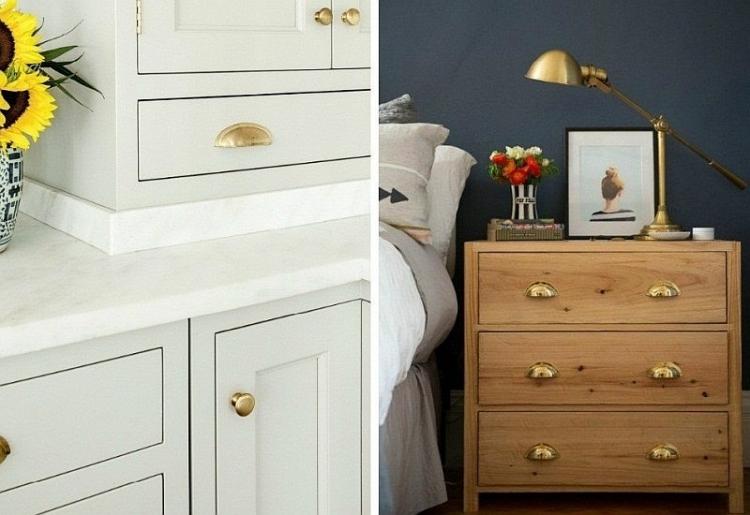
Materials for furniture handles
Since the handles of cabinets, dressers and drawers are regularly subjected to mechanical stress and are intended for many years of use, they are made only of durable materials that are not subject to destructive conditions.
Wood is used extremely rarely for this purpose - only small buttons are made of it, but they also quickly deteriorate. Antique and expensive modern furniture is completed with high-quality fittings made of metal or ceramics, which do not lose their original properties even after hundreds of years.
Wood
Wooden handles can be seen in the walls and small bedside tables, which are placed in dry rooms - living room, bedroom, hallway. Their advantage lies in their low price and visual harmony with the furniture material, but in terms of durability, this is far from the best option. Wood, even very well processed, soon dries out, does not adhere well to the mount, staggers and falls off, requiring replacement or repair.
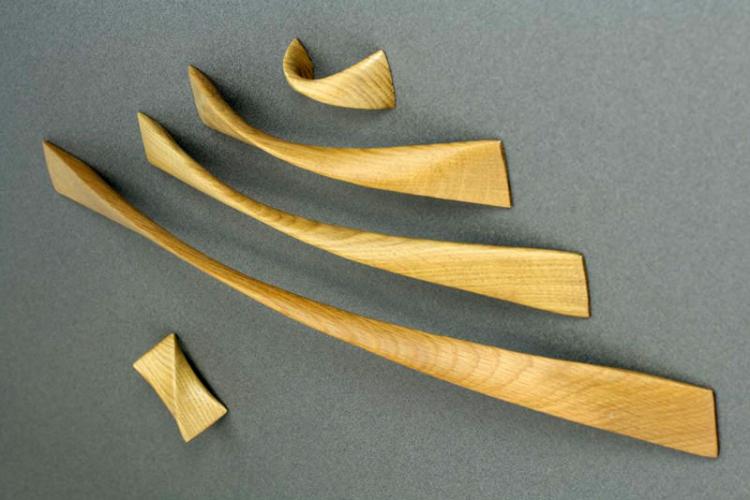
Plastic
Affordable, moisture and dust resistant plastic often replaces more expensive products. However, its strength in most cases leaves much to be desired. Because of this, handles with the use of plastic are most often installed in children's furniture, which is purchased for 3-5 years and for which, first of all, a bright toy design is important.
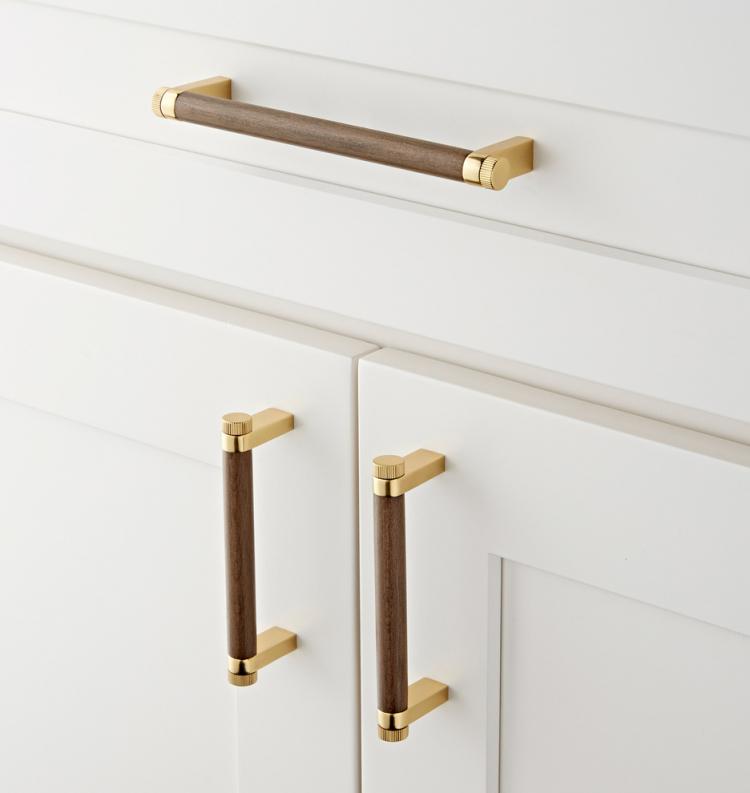
Ceramics
Ceramic handles are an attribute of vintage furniture in the style of shabby chic, provence, rustic. They are harmoniously combined with wooden headsets in the kitchen, echoing with the same colorful dishes, they look very elegant in the bedroom, bathroom, living room. The refined beauty of the painting and the antique shape of such handles give a special charm not only to the cabinets, but also to the interior as a whole.
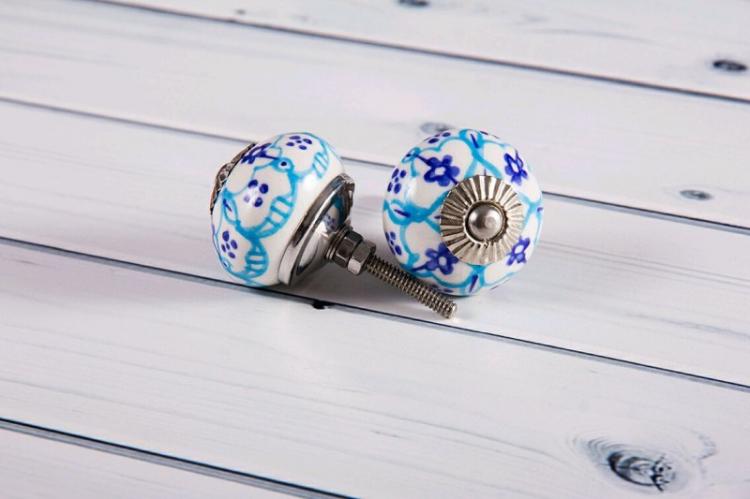
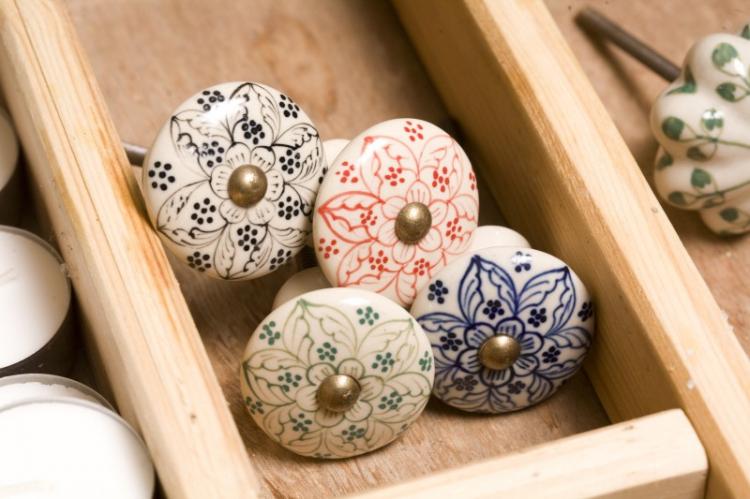
Metal
Forged, cast, stamped accessories made of stainless alloys of copper, iron, zinc, silver have been perfectly preserved for centuries, which is confirmed by numerous museum exhibits and antique pieces of furniture in private houses. Modern fittings are not inferior to them, for which chrome-plated steel or aluminum is usually used.
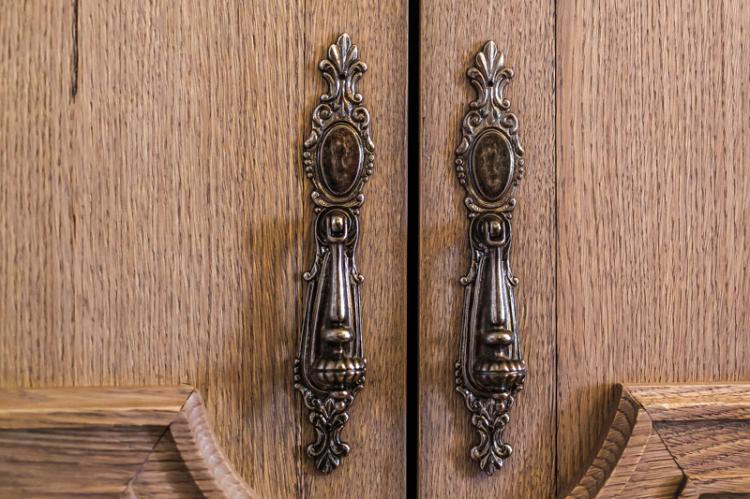
Methods for attaching furniture handles
Ergonomics, reliability, durability of handles on furniture facades depends to a large extent on the method and quality of their fastening. Of course, the base material plays an important role - screws on solid wood doors will hold better than on chipboard. For comfortable operation, heavy structures are equipped with wider handles with at least two fixing elements.
Mounting on one self-tapping screw
It is used, as a rule, for small knobs-buttons. In this case, the screw head is fixed on the inside of the door or drawer, and the spiral part is screwed into the base of the handle.
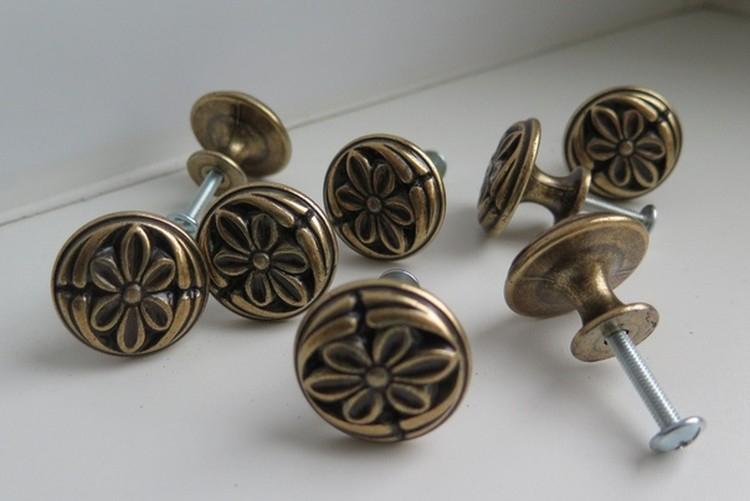
Fastening with two self-tapping screws or screws
Typical for mounting brackets, sinks, sometimes modernized rings and drops. In the brackets, the heads of the fasteners are also hidden inside the facade and can be additionally protected with silicone / plastic covers to protect against rust. If the handle design provides for an external base plate with slots on the sides, the self-tapping screws are screwed in from the outside.
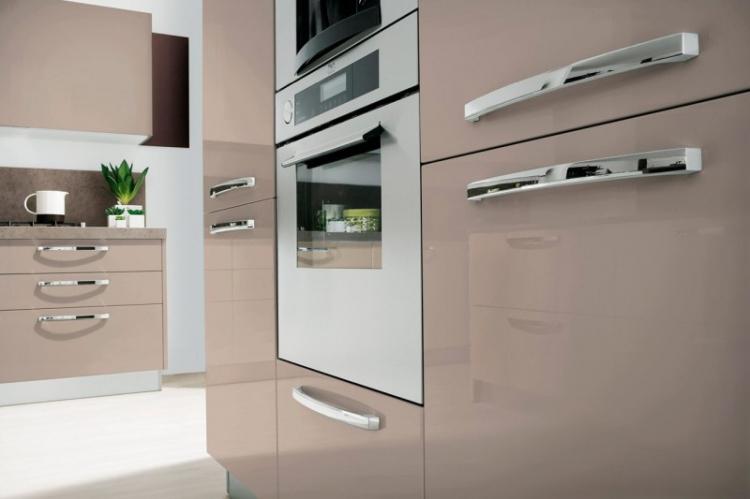
Fastening on steel hinges
Suitable for semi-antique furniture, as well as rough drawers and loft-style cabinets.In this case, the handle is held on the base of the wrought-iron door canopies. This option looks very unusual.
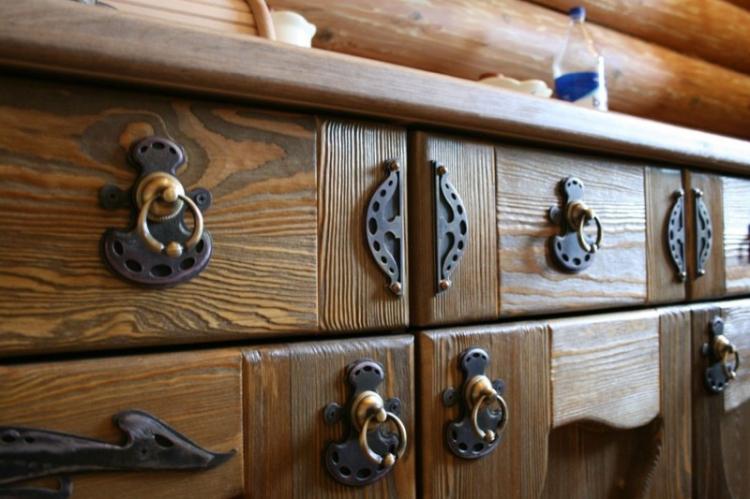
Unusual furniture handles - photo
The design of handles significantly affects the overall style and perception of furniture, so it is very important to select them with taste, focusing on the chosen design direction and, of course, not forgetting about quality.
It is good if shades, materials and shapes are combined with other interior items - kitchen faucets, interior door fittings, lamps. Let the collection of photos collected on this page help you make the best decision, filling your home environment with even greater coziness and harmony!
